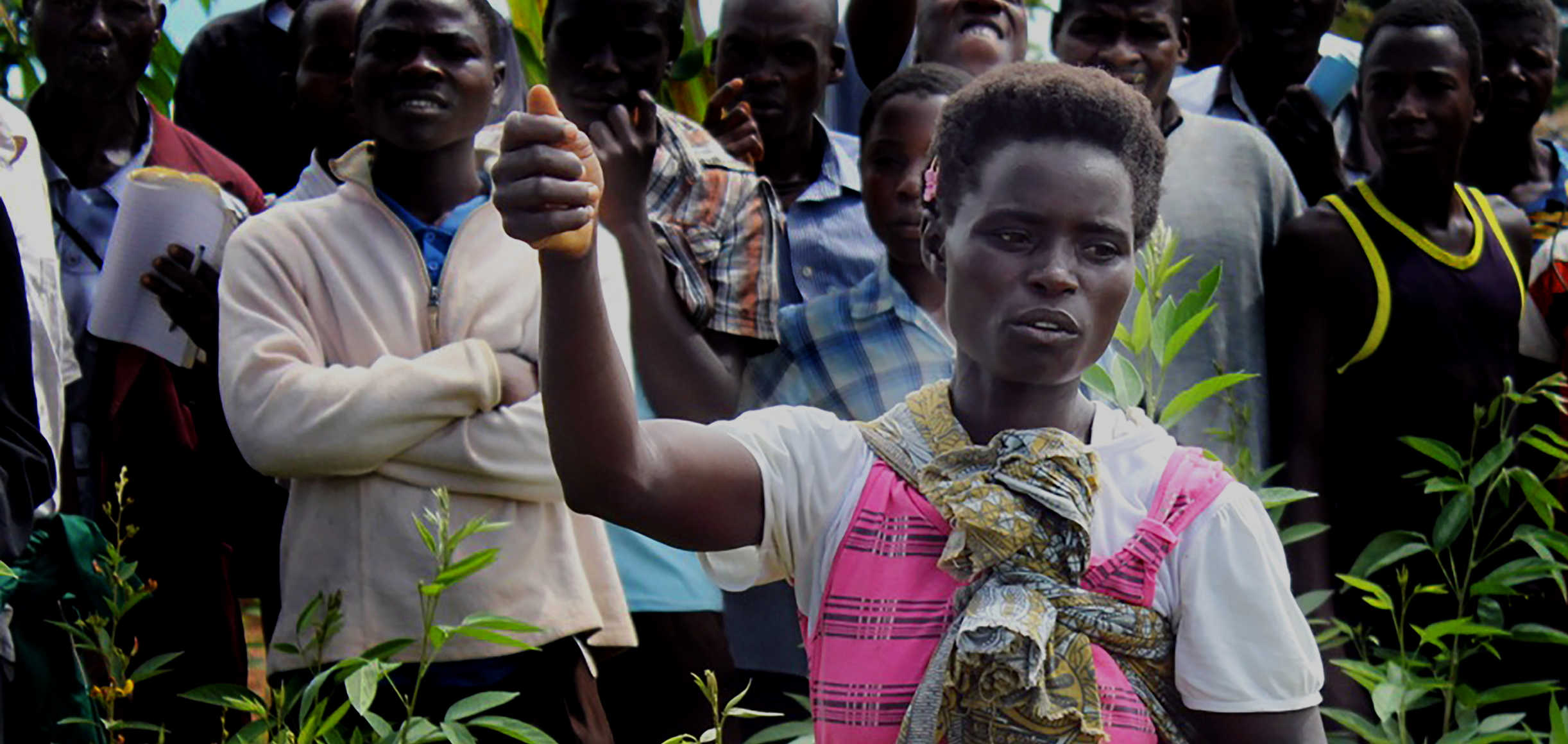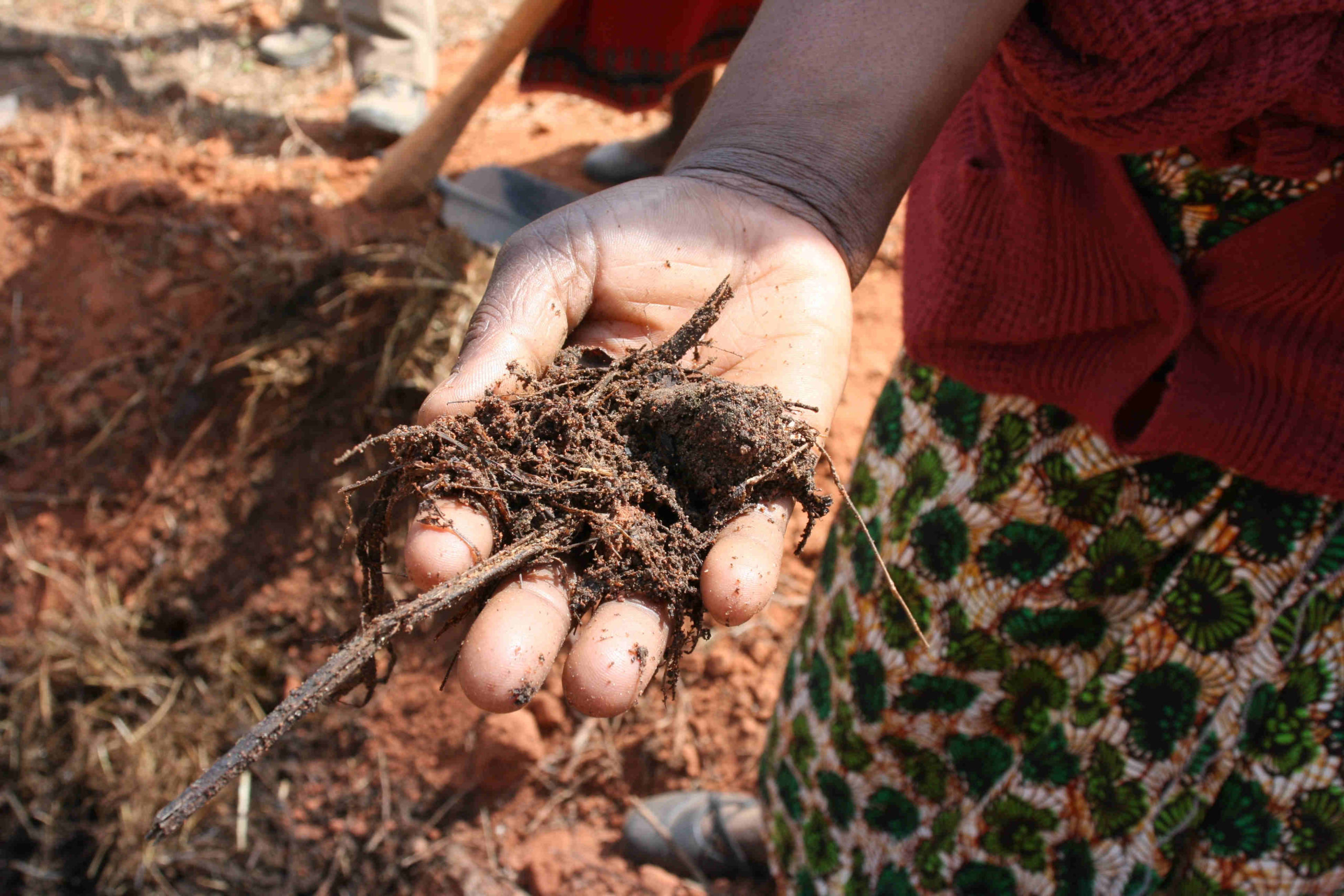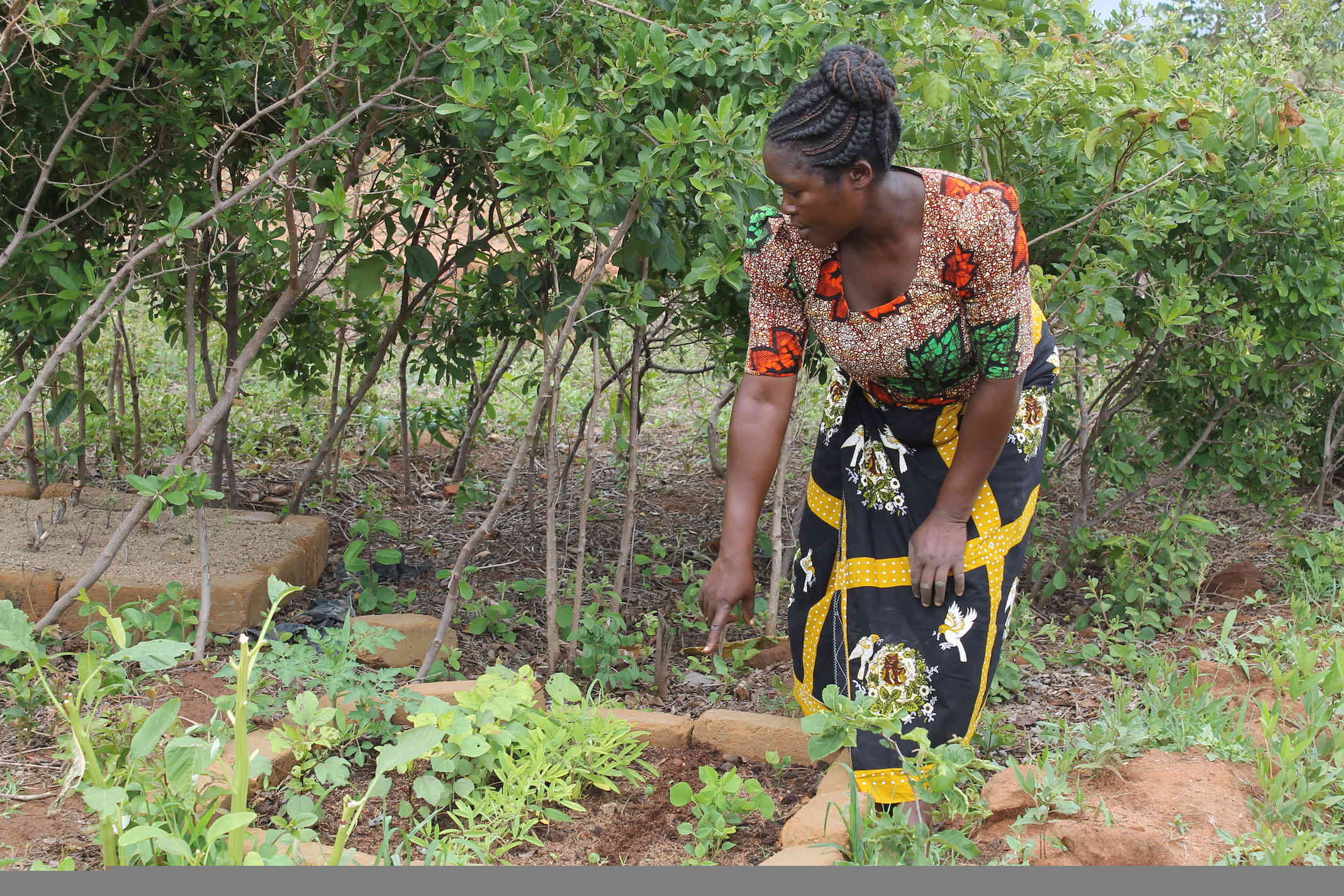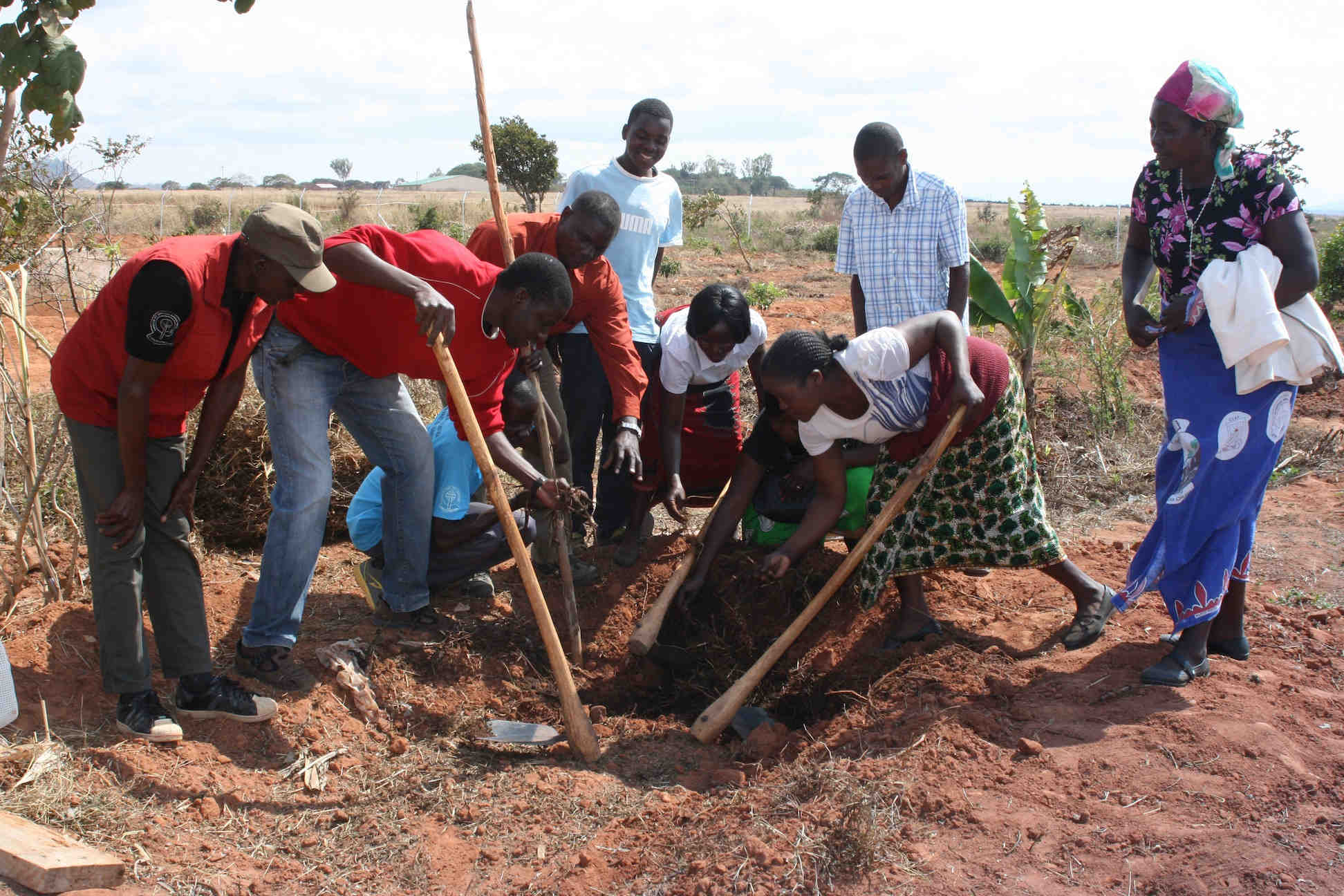About
What is Agroecology? Agroecology is an approach to the study of agriculture that accounts for the diverse social, ecological, and political contexts in which it takes place. SFHC promotes agroecological farming practices to help communities increase soil fertility,… Read More
Learn MoreProjects
We partner with organizations and institutions around the world to pursue projects in agroecology, food security, sustainability, gender equity, biodiversity, and much more. Read on (and check back often) to discover some of our latest work. Agile4Climate This… Read More
Learn MoreDonate
We are so grateful for the donations that we have received from farmers and supporters around the globe. We have created Friends of SFHC as a way to support the ongoing work of SFHC. To make a donation,… Read More
Learn MoreWelcome to SFHC: Farmer-led Research for Food Security and Nutrition in Malawi
The Soils, Food and Healthy Communities project is a participatory, farmer-led nonprofit organization, using agroecological methods to improve food security and nutrition in Malawi.

Our work at SFHC
We are a certified nonprofit, registered with charitable status in Malawi. As an organization run and led by Malawian farmers, we support around 6000 of our fellow smallholder farming households in building sustainable, healthy, equitable, and resilient communities. Our participatory research model depends on farmer-led experimentation with a wide range of agroecological farming techniques, such as legume intensification, composting, mulching, and botanical pesticides. We support the revitalization of indigenous crops such as sorghum and finger millet, while affirming indigenous knowledge and facilitating farmer-to-farmer knowledge exchange. In keeping with the concept of food sovereignty, we take seriously the social and cultural milieu within which they live, adjusting our educational approaches and strategies accordingly.
SFHC believes healthy communities are equitable communities. We seek to address environmental, economic, health, and social issues at the household, community and national levels in Malawi. We conduct workshops on gender equity and actively engage HIV/AIDS-affected households in our communities. We ensure the democratic election of village representation while maintaining gender parity. This work has helped us create a participatory integrated curriculum, which combines lessons in agroecology, climate change, nutrition and social equity. The curriculum, created as a collaboration between small-scale farmers in Malawi, the USA and Tanzania, is available for download here.
Publications and Outcomes:
We have published results demonstrating improvements in child nutrition, food security and soil fertility for smallholder farming families in many peer-reviewed scientific journals, and we partner with several international institutions to tackle difficult research questions. Our latest project investigates the impact of agroecological adoption on landscapes and wild biodiversity, exploring the influence of pollinators, pests, and beneficial insects in a changing climate.
Visit our projects page, read about our research, and download our curriculum (created as a collaboration between small farmers in Malawi, the USA and Tanzania) to learn more.



